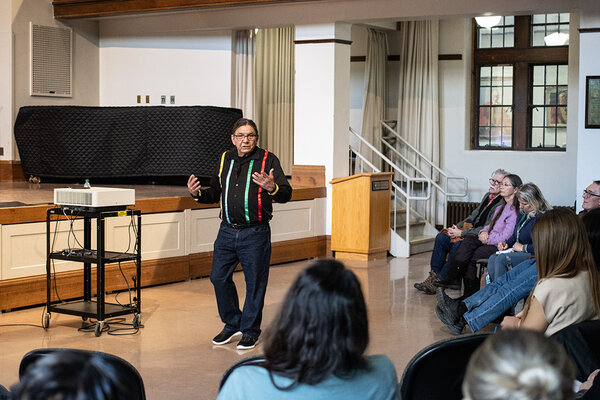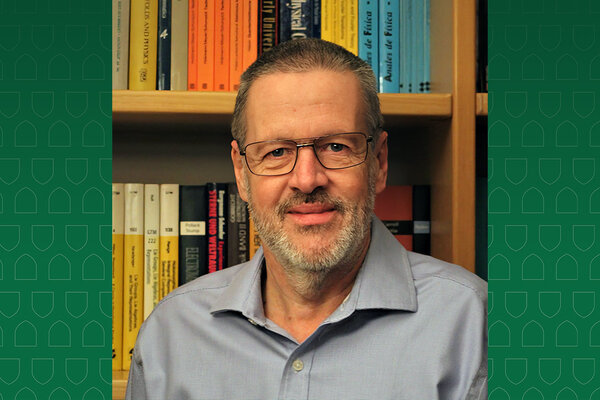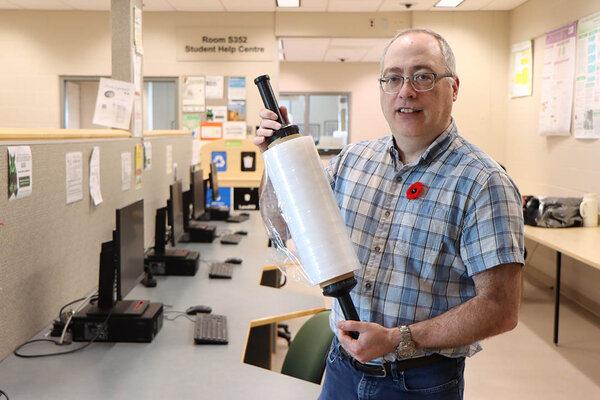
USask takes significant steps to elevate fine arts programming
Three College of Arts and Science departments will be forming a new academic school by July 1, 2024
Three University of Saskatchewan (USask) departments—art and art history, drama and music— will be forming a new academic school within the College of Arts and Science by July 1, 2024.
At the USask University Council vote on June 15, members voted to approve the establishment of a new academic unit, a school, created through the amalgamation of the three existing fine and performing arts departments in the college.
With the establishment of the school, current performing arts and fine arts programs, and faculty and staff positions, will remain in place, with no impact to students enrolled during the 2023-24 academic year. Approval from University Council was the latest step in the ongoing project, “Renew a Vision for the Fine and Performing Arts at the University of Saskatchewan.”
The renewal project is a strategic initiative of the College of Arts and Science, supported by USask. Development teams of faculty have initiated action toward key visioning goals and reviewing infrastructure. Faculty, college and university leaders are at work examining the policy environment related to the distinctiveness of teaching, community engagement and research, scholarly and artistic work (RSAW) in the fine and performing arts.
The new school will create a strong and sustainable organizational structure that integrates the current departments of art and art history, music and drama, under common leadership.
At the suggestion of the departments, the revisioning project has been led by longtime USask senior administrator and professor emeritus Dr. Ernie Barber (PhD).
“The visual and performing arts at USask have a proud and storied history and have influenced every aspect of the arts in Saskatchewan,” Barber said. “Conversations over the past year-and-a-half with faculty, staff, students, alumni and community partners have verified the strong foundation for continued leadership within traditional arts disciplines while illuminating new possibilities by the creation of an integrated school for the arts. Even more can be achieved through academic collaborations and cross-disciplinary initiatives to meet the evolving desires of learners and communities.”
By gathering the three departments under one administrative umbrella, the school, to be named by spring 2024, will support an environment to maintain and evolve existing academic programs, to facilitate fine arts students’ access to courses in other arts disciplines and to sustainably grow enrolment at both undergraduate and graduate levels.
Though excellent work is ongoing in each area, more is possible in the areas of Indigenization, decolonization and reconciliation, shaping the student experience with collaborative learning opportunities and enhanced RSAW, including Tri-Council funding and collaboration in signature areas.
Dr. Peta Bonham-Smith (PhD), dean of the College of Arts and Science, is the project’s executive sponsor.
“I commend faculty members who worked together to create the project charter that places the future and sustainability of fine arts on the forefront,” Bonham-Smith said. “Rebranding within a comprehensive school will increase the range of opportunities for securing partnerships and gifts, both discipline and program specific, while also offering philanthropic opportunities at the intersection of disciplines and at the level of the entire family of arts disciplines.”
The new school will be consistent with priorities articulated within the college’s Think Big – Be Bold Plan 2025, and as the project unfolds, the fine and performing arts will continue to contribute to the five aspirations outlined in the University Plan 2025: Transformative decolonization leading to reconciliation; productive collaboration; meaningful impact; distinguished learners; and global recognition.
Throughout the project’s planning, design and implementation phases, Indigenization, decolonization, and reconciliation will continue to play meaningful roles. USask’s Indigenous Strategy, ohpahotân | oohpaahotaan and the Indigenization Plan within the College of Arts and Science, will be guiding documents as the vision for the fine and performing arts is renewed.
“In line with the University Plan 2025, the new school will contribute in exciting ways to our aspiration to set the standard in learning, research and service to the larger community, notably in the fine and performing arts,” said USask Provost and Vice-President Academic Dr. Airini (PhD), the project’s President’s Executive Committee sponsor. “There is bold ambition for the Arts at the University of Saskatchewan, for Saskatoon, Saskatchewan, and far beyond.”
The implementation of the new organizational structure, including the recruitment of a new head, will occur prior to July 1, 2024.
More information about the “Renew a Vision for the Fine and Performing Arts at the University of Saskatchewan” project is available online at artsandscience.usask.ca/fine-arts.


